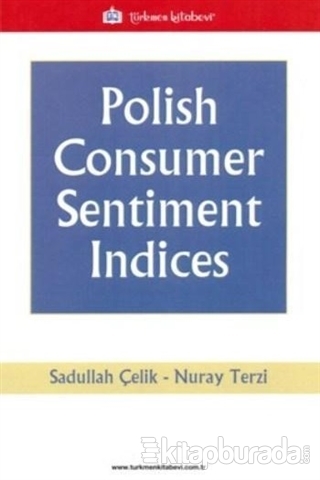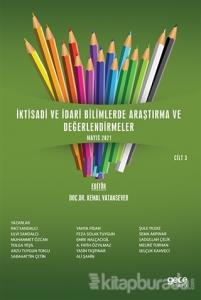Polish Consumer Sentiment Indices

Economics is a social science that tries to understand the fundamentals of human behavior through means of demand-supply, production-consumption, profit-utility and many other pairs of notations. In the meantime, economics is at best at its' infant stage with so many unknowns that are classified under different jargons like risk and uncertainty depending on the perspective of the economic school of thought that examines the question at hand. However, the addition of macroeconomics to economics by Keynes and the following economists have been a very difficult task as these researchers were to go into unchartered territories with the area getting larger each time they thought there was a consensus in the profession. One important aspect of the economics has always been the expectations of humans. However, it has been another difficult task to define models for the formation of expectations as well as models to use for extraction of the information from these expectations. In this route, the leading economic indicators have been very important contributors but also there have been considerable doubters of these indicators as is the case today. Nonetheless, this book considers one of these major leading economic indicators, the consumer sentiment for an economy, Poland which is arguably the richest one in the world in terms of the number of consumer confidence indices announced every month. We examine the relationship between those indices and economic and financial variables in Poland through conventional and rather new and unconventional methodologies. Our findings show that some of the indices are superior to others in Poland in terms of causality in both time and frequency domain analysis and the continuous wavelet transforms. Hence, Polish policy makers should carefully consider which consumer confidence indices they take into account while making important policy decisions for the whole economy.
- Açıklama
Economics is a social science that tries to understand the fundamentals of human behavior through means of demand-supply, production-consumption, profit-utility and many other pairs of notations. In the meantime, economics is at best at its' infant stage with so many unknowns that are classified under different jargons like risk and uncertainty depending on the perspective of the economic school of thought that examines the question at hand. However, the addition of macroeconomics to economics by Keynes and the following economists have been a very difficult task as these researchers were to go into unchartered territories with the area getting larger each time they thought there was a consensus in the profession. One important aspect of the economics has always been the expectations of humans. However, it has been another difficult task to define models for the formation of expectations as well as models to use for extraction of the information from these expectations. In this route, the leading economic indicators have been very important contributors but also there have been considerable doubters of these indicators as is the case today. Nonetheless, this book considers one of these major leading economic indicators, the consumer sentiment for an economy, Poland which is arguably the richest one in the world in terms of the number of consumer confidence indices announced every month. We examine the relationship between those indices and economic and financial variables in Poland through conventional and rather new and unconventional methodologies. Our findings show that some of the indices are superior to others in Poland in terms of causality in both time and frequency domain analysis and the continuous wavelet transforms. Hence, Polish policy makers should carefully consider which consumer confidence indices they take into account while making important policy decisions for the whole economy.
- Yorumlar
- Yorum yazBu kitaba henüz kimse yorum yapmamıştır.





